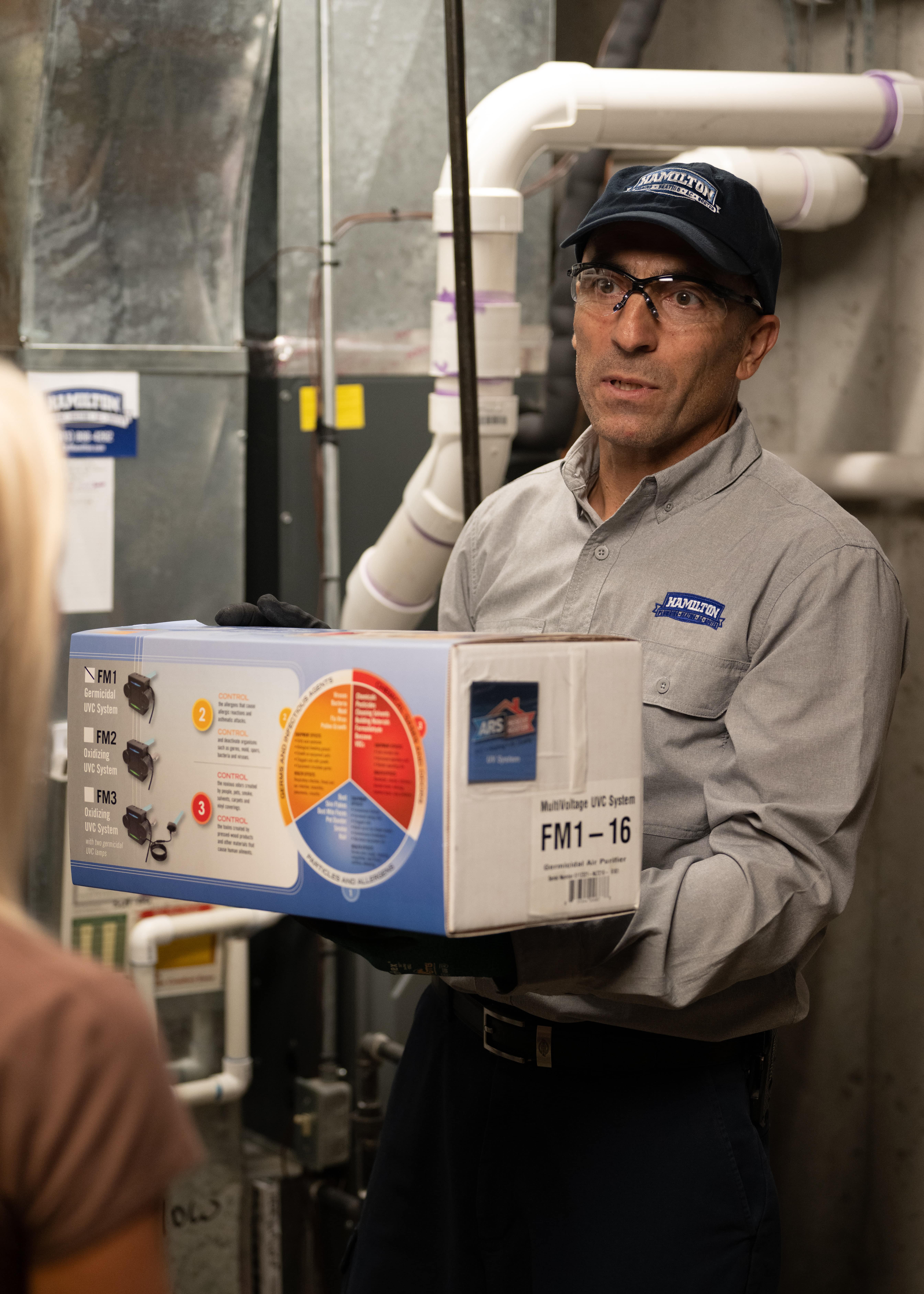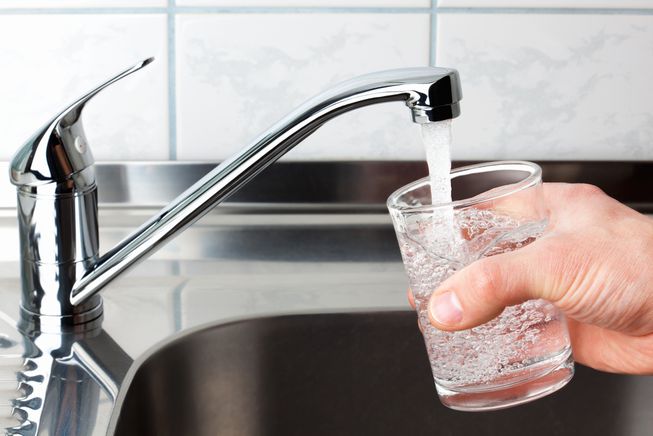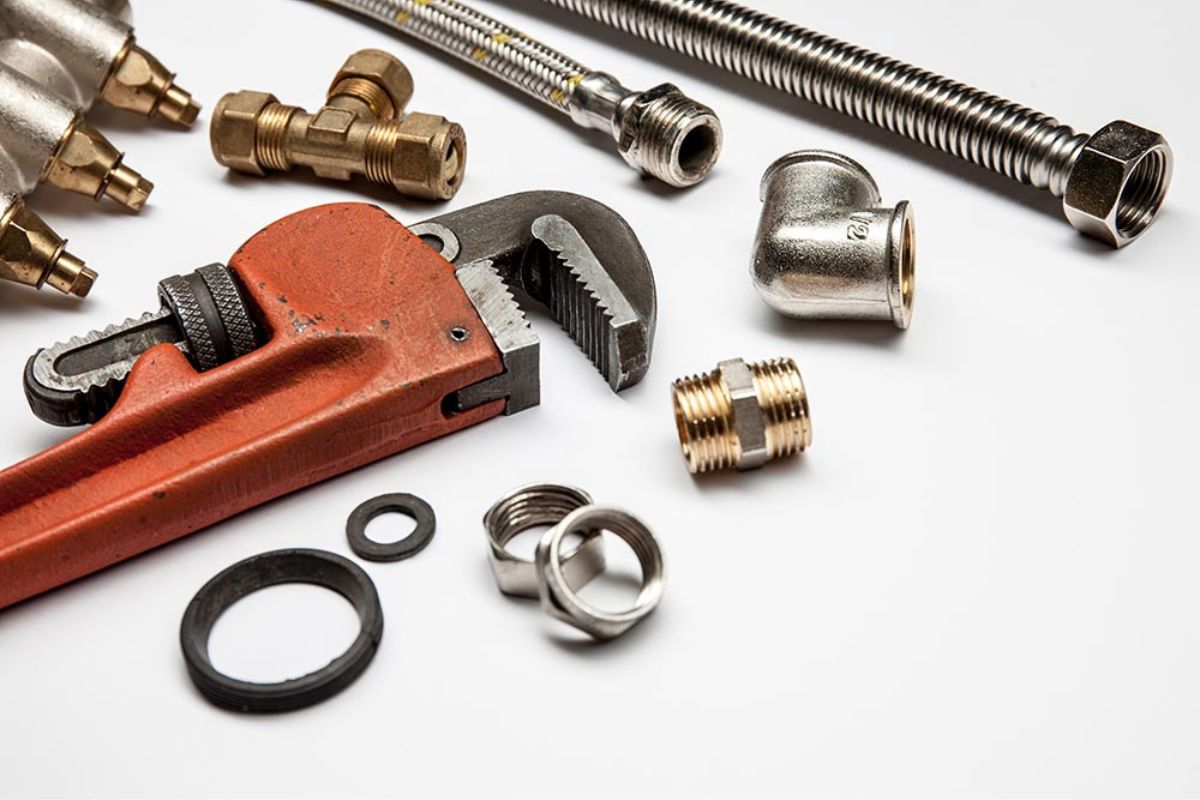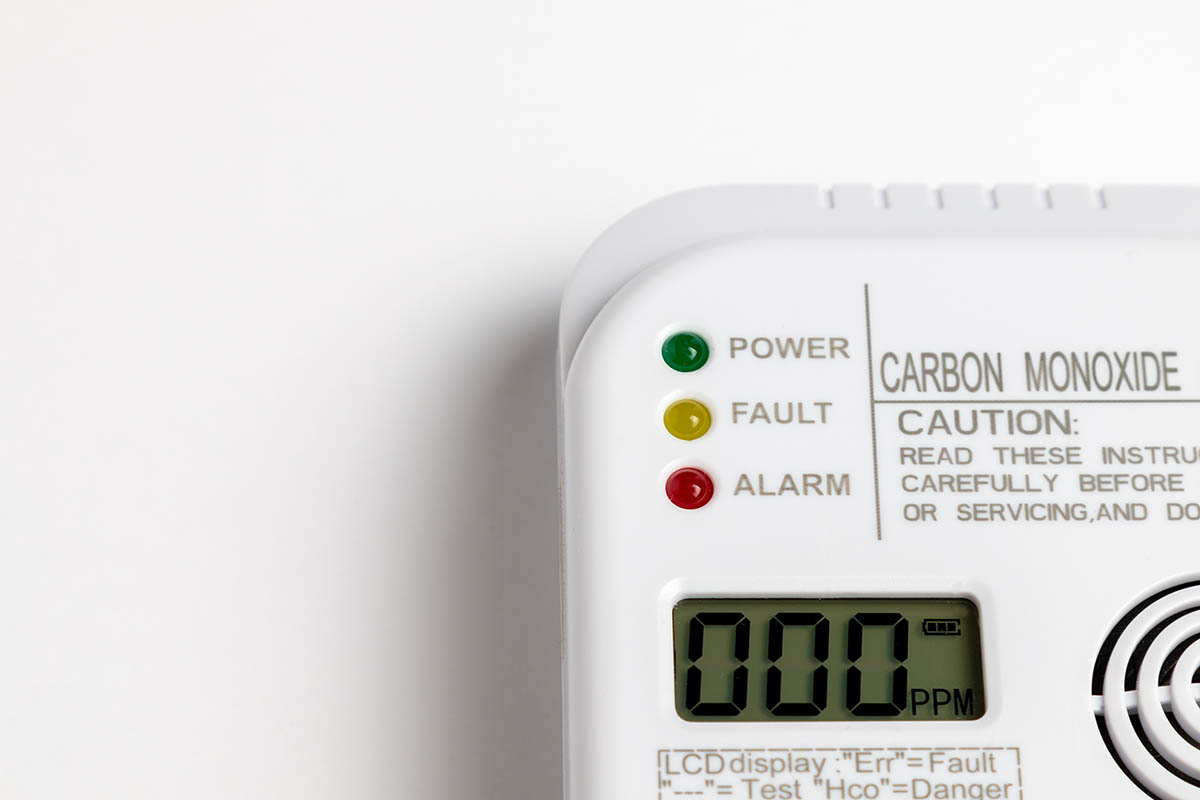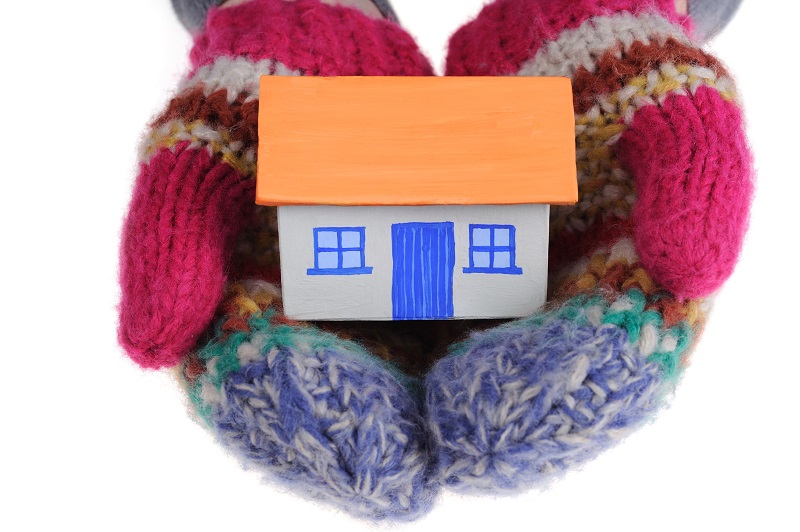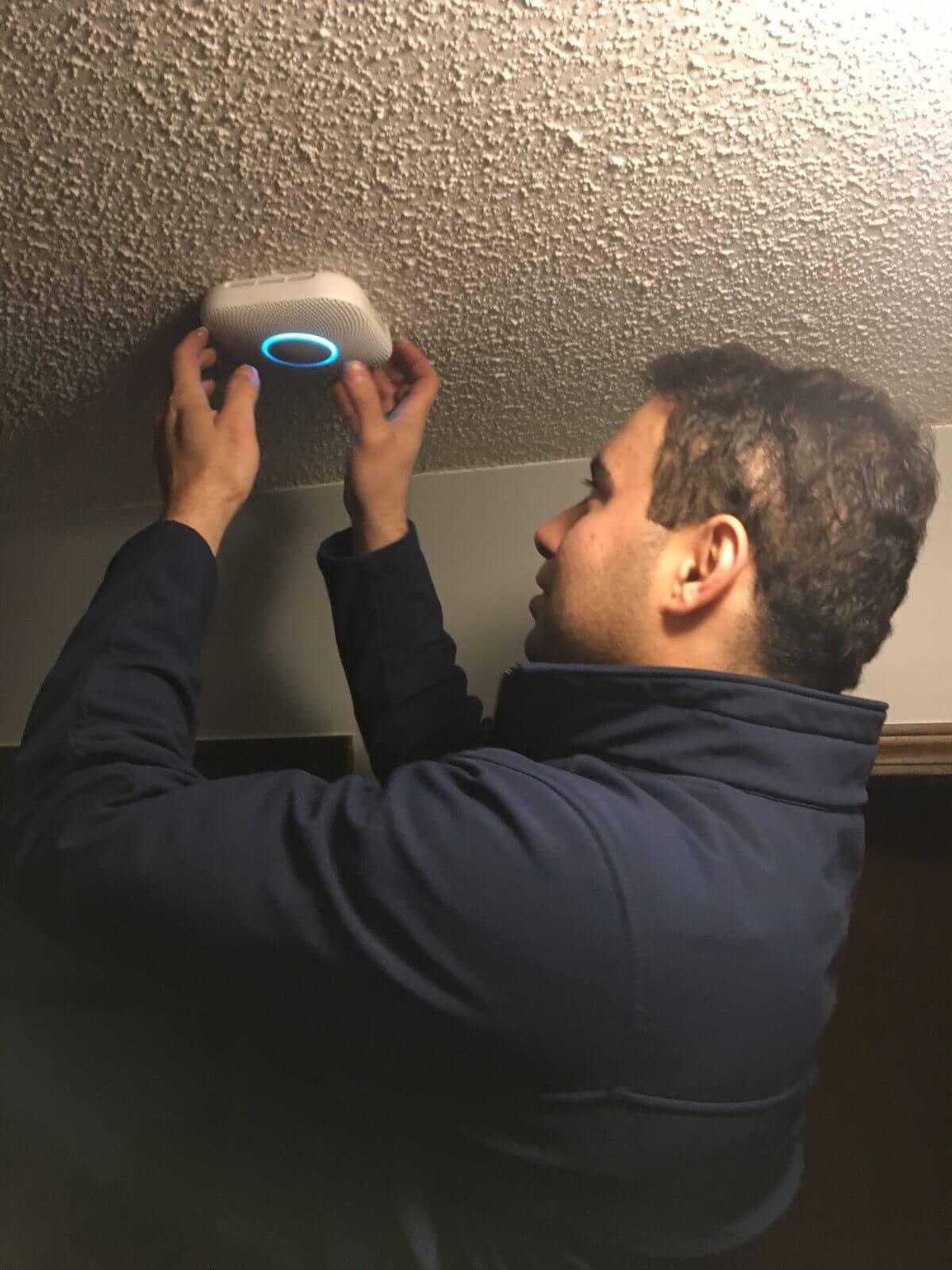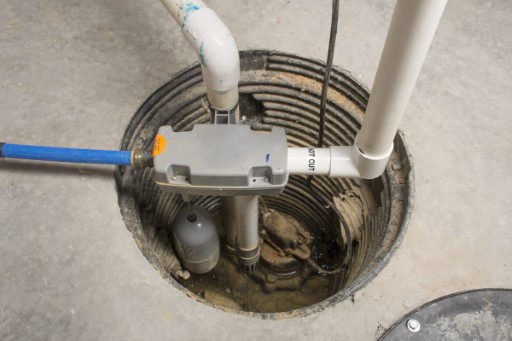HVAC, Plumbing & Electrician Blog
Welcome to our blog! Get professional tips and advice about all things HVAC, Plumbing, and Electrical. Our professionals are always happy to answer your questions and keep you up to date on the latest developments. Happy reading!
Fall HVAC Maintenance Checklist for Your Kansas City Home
January 22, 2024
When cooler temperatures are on the way, you may change your daily activities. Examples include raking leaves, turning b…
Why Is Indoor Air Pollution Worse Than Outdoor Pollution?
January 04, 2024
Did you know the air inside a building or home can be more contaminated than the outdoor air? You’d think our indoor air…
How To Use Water Filters To Remove Parasites
August 29, 2023
Water filters remove harmful contaminants from our drinking water, ensuring water is clean and safe to drink. Modern wat…
What to Do When Your A/C Isn’t Keeping Up in the Summer Heat
August 29, 2023
If your air conditioner is on its last legs, chances are it’ll stop working properly on the hottest day of the year. Whe…
What Plumbing Repairs Should You Never DIY?
August 29, 2023
There are many plumbing repairs and renovation tasks you should not take on alone. As a homeowner, you can probably hand…
What is the Importance of a Carbon Monoxide Detector?
August 29, 2023
Do you know the purpose of having a carbon monoxide detector in your home? The CO detector plays a critical safety role …
Updating Your Home’s Equipment- The Good, The Bad and the Efficiency
August 29, 2023
Energy Efficient Equipment – Good
Energy efficient furnaces can help keep your home warm and your wallet happy. More tha…
What Kansas City Homeowners need to know about fire & carbon monoxide safety in the home.
August 29, 2023
It’s almost time to set your clocks forward which means it’s also time to replace your batteries and test your smoke and…
Air Duct Sealing: Seal Leaky Air Ducts & Save Hundreds
August 24, 2023
When it comes to energy efficiency and saving money, most homeowners think upgrading their current HVAC system will take…
How to Prepare Your Sump Pump For Rainy Season
August 24, 2023
During the rainy season, your home’s sump pump does the heavy lifting to keep your basement nice and dry. To ensure your…


